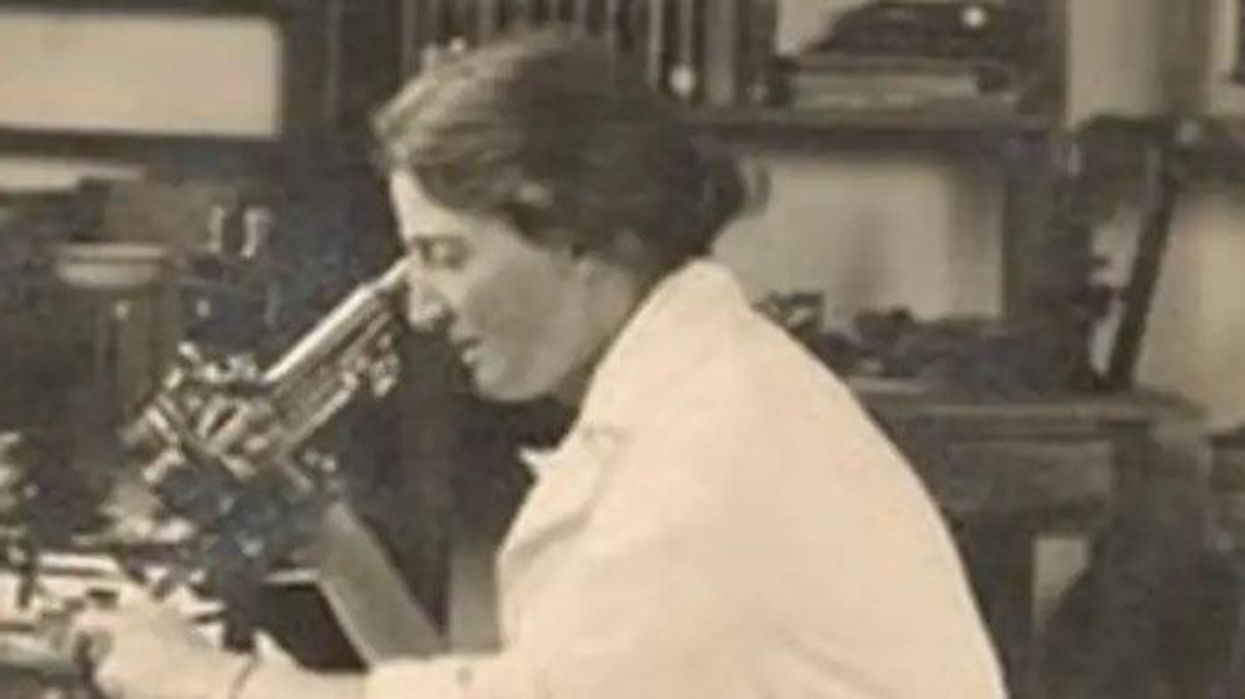Celebrities
Joe Sommerlad
May 10, 2019
English haematologist Lucy Wills is being celebrated with a Google Doodle on what would have been her 131st birthday.
Wills is remembered for her pioneering research into the prevention of prenatal anaemia - a notorious ailment of the blood - and was born in Sutton Coldfield near Birmingham on 10 May 1888, the latest in a long line of scientists and doctors.
After attending the prestigious Cheltenham Ladies' College, she completed a degree in natural sciences at Newham College, Cambridge, in 1911 and first became involved in medicine professionally in 1914 when she volunteered as a nurse in Cape Town, South Africa, a country she happened to be visiting when the First World War broke out.
Upon her return to London, Wills received a medical degree from the London (Royal Free Hospital) School of Medicine for Women, where she began to specialise in the study of blood before teaching in the Department of Pregnant Pathology at the same institution in Gray's Inn Road.
In 1928, Wills travelled to India to investigate a severe form of anaemia that was affecting pregnant textile workers in Bombay, a condition she studied from the city's Haffkine Institute before moving on to work for the Caste and Gosha Hospital in Madras.
There, she identified poor nutrition as the root cause of the life-threatening macrocytic anaemia her patients were suffering, which caused their red blood cells to enlarge during pregnancy.
In laboratory experiments, Wills attempted to prevent anaemia by adding yeast extract to the diets of rats and then monkeys through the consumption of Marmite.
Yep, Marmite. The same salty, tar-like substance you spread on your toast having clattered into the kitchen after a heavy night and one round too many in the Coach and Horses.
It was the folic acid contained in the extract that was found to have improved the health of the monkeys – a discovery dubbed the “Wills Factor”.
Folic acid is now commonly recommended for pregnant women, alongside other important nutrients such as iron and B12, for the prenatal prevention of anaemia and other conditions.
Wills spent the remainder of her life travelling and researching the impact nutrition has on pregnancy health, before her death on 16 April 1964, aged 75.
Keep reading...Show less
Top 100
The Conversation (0)














